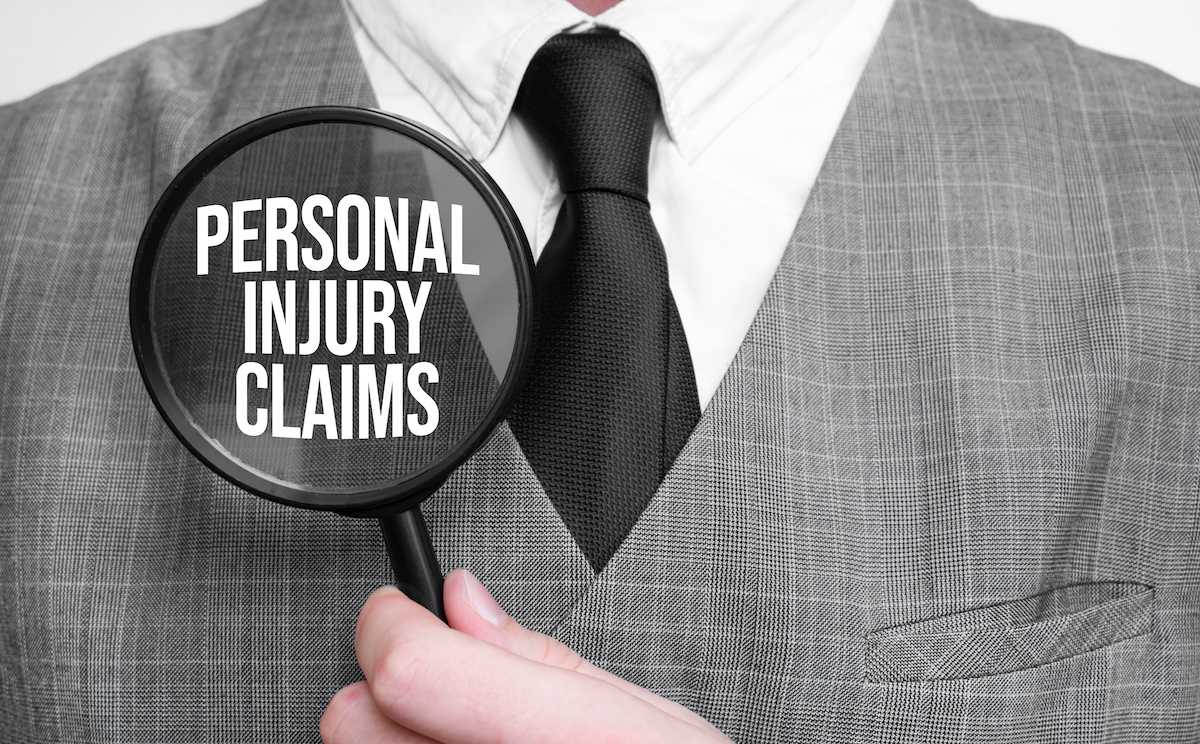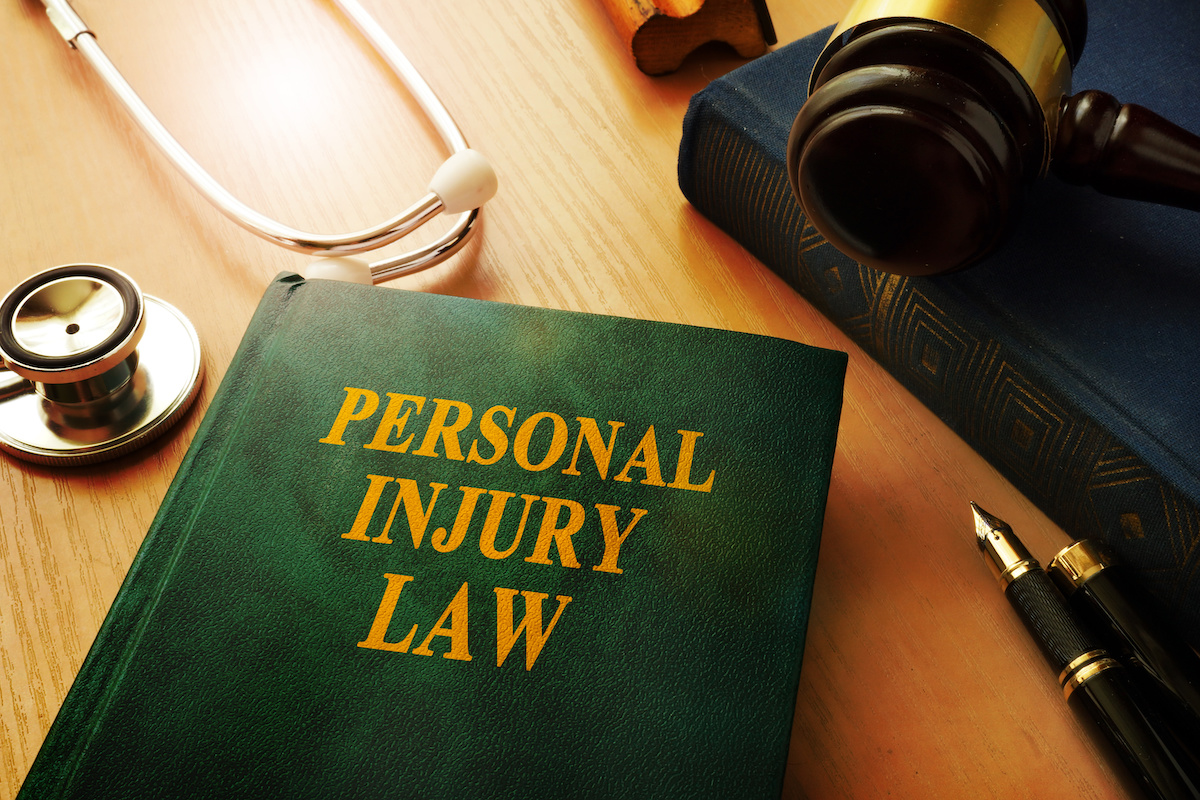The use of excessive force and false arrest is a serious problem in the United States. In some cases, these actions can lead to tragic consequences, such as the death of an innocent person. In other cases, they can simply cause great hardship and inconvenience to those who are affected.
There are a number of reasons why police officers may use excessive force or make false arrests, but whatever the reason, the use of excessive force and false arrest is always wrong and should never be tolerated. Victims of these actions have a right to seek justice, and those who commit these acts must be held accountable.
What is Excessive Force?
The use of excessive force by police officers has been a longstanding problem in the United States. Incidents of police brutality and misconduct have sparked national protests and debate on how to best address the issue.
Excessive force is defined as the use of force by law enforcement that is greater than what is reasonably necessary to achieve a legitimate law enforcement purpose. It can occur during an arrest, interrogation, or another type of encounter between police and civilians.
There are many factors that can contribute to an incident of excessive force, such as the officer’s training, experience, and mental state; the severity of the offense; the threat level posed by the suspect; and the presence of bystanders.
In some cases, excessive force may be used intentionally to harm or punish a suspect. In other cases, it may be the result of poor training or judgment on the part of the officer.
What is False Arrest?
False arrest, also known as false imprisonment, is the unlawful detention of a person without their consent or legal justification. It can occur when an individual is arrested without probable cause, when they are held beyond the time allowed by law, or when they are not given a reasonable opportunity to post bail.
False arrest is a violation of an individual’s Fourth Amendment rights, and it can lead to civil liability for the arresting officer or agency.
How to Prove Excessive Force and False Arrest
If you have been the victim of false arrest or excessive force by a police officer, you may be wondering how to prove your case. In general, false arrest cases will turn on whether the arresting officer had probable cause to believe that you committed a crime. To prove that an officer used excessive force, you will need to show that the officer’s actions were unreasonable under the circumstances. Factors that may be considered include the severity of the crime, whether you posed a threat to the officers or others, and whether you were resisting arrest. If you have been the victim of false arrest or excessive force, it is important to speak with an experienced attorney who can help you investigate your case and build a strong claim.
Reasons to Hire an Attorney for False Arrest or Excessive Force
If you or a loved one has been the victim of false arrest or excessive force, it is important to understand your legal rights and options. An experienced attorney can help you navigate the criminal justice system and protect your rights. Here are some of the reasons you should consider hiring an attorney if you have been the victim of false arrest or excessive force:
- An attorney can help you understand your legal rights and options.
- An attorney can investigate the circumstances of your arrest and gather evidence to support your claim.
- An attorney can negotiate with prosecutors on your behalf and try to get charges dismissed or reduced.
- An attorney can represent you at trial if necessary and fight for a favorable outcome.
Don’t try to navigate the criminal justice system alone – hire an experienced attorney to help you through this difficult time.






